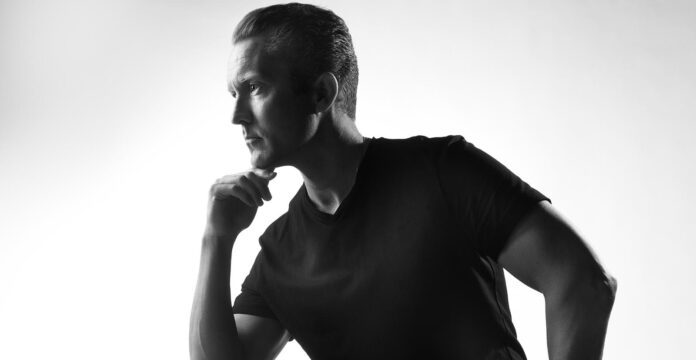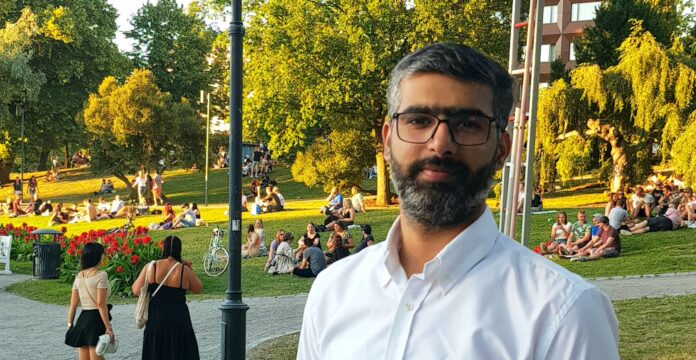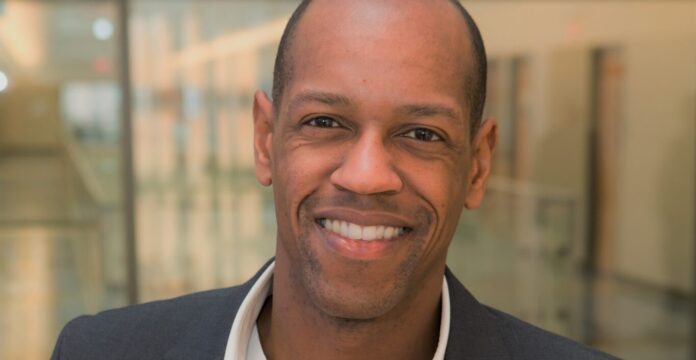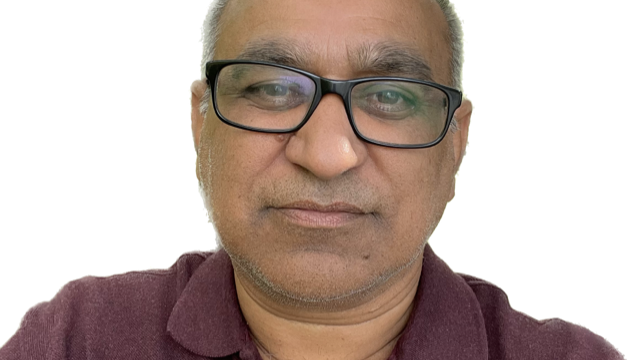As opinion-driven journalism and science-sceptic populism gain ground, researchers across academia are facing a shared challenge: How can we promote the role of scientific research in public debates and as a basis for political decision making, when some of our audiences disregard facts?
This issue was widely discussed at the world’s largest general science conference organised by the American Association for the Advancement of Science (AAAS) in Austin, Texas, this February. AAAS is the world’s largest multidisciplinary scientific society. Its mission is to ‘advance science, engineering, and innovation throughout the world for the benefit of all people.’
The theme of the AAAS 2018 meeting—Advancing Science: Discovery to Application—highlighted the critical roles of academia, government and industry in transferring ideas into innovations. Alongside this, the role of science in policymaking and public debates was a key theme that cut across the discussions.
Many of the core values of AAAS resonate well with the current public debates involving academia in Finland. These include enhancing communication among researchers and the public, promoting and defending the integrity of science and supporting the responsible use of science in public policy.
In the U.S. context, the treatment of the nationwide opioid crisis and the response to climate change were discussed as examples of issues where decision makers’ personal moral values and political alignment can determine the policy solutions they support, sometimes resulting in decisions that have no scientific support.
In her engaging and insightful plenary address on climate change, Katharine Hayhoe, an atmospheric scientist from Texas Tech University, discussed the scientist’s worst nightmare: when widely proven facts are not enough to convince politicians or the public to take action. Here, the fix is not to do more research but to improve people’s appetite for it.
In her plenary, Hayhoe offered both an analysis of the core problem and solutions for tackling it. Political conservatism is the biggest single predictor of whether a person will be a climate-change sceptic. Moreover, distrust of the government often strengthens the scepticism.
According to Hayhoe, the biggest challenge in trying to convince decision makers and the public to act against climate change is that the fear of climate solutions—and how these may narrow our everyday lives—is greater than the fear of the impacts we face as a result of climate change itself. The myth that one has to be a certain kind of person to care about a changing climate does not necessarily help in this battle.
Hayhoe is a firm believer in communication. However, this does not mean confronting our audience with a growing pile of facts. Instead, knowing our audience and relating to its hopes, values and wishes is the key to effective communication. This is not always easy, but, if we wish to find genuine ways to connect with others, we have to be ready to listen and bond without judgement.
Hayhoe reminded her audience that people are not, after all, that different from one another. The person you discuss with may be a parent like you, also concerned of their children’s future, and you may both enjoy nature or gardening or be worried about national security.
As climate change eventually affects all aspects of our lives, there are numerous ways to communicate its effects in a way that is meaningful to a variety of audiences.
Hayhoe’s plenary was an inspiring example for us researchers that providing facts is not our only challenge.
If we want our research to truly have an impact, we need to familiarise ourselves with different audiences and communicate accordingly.



